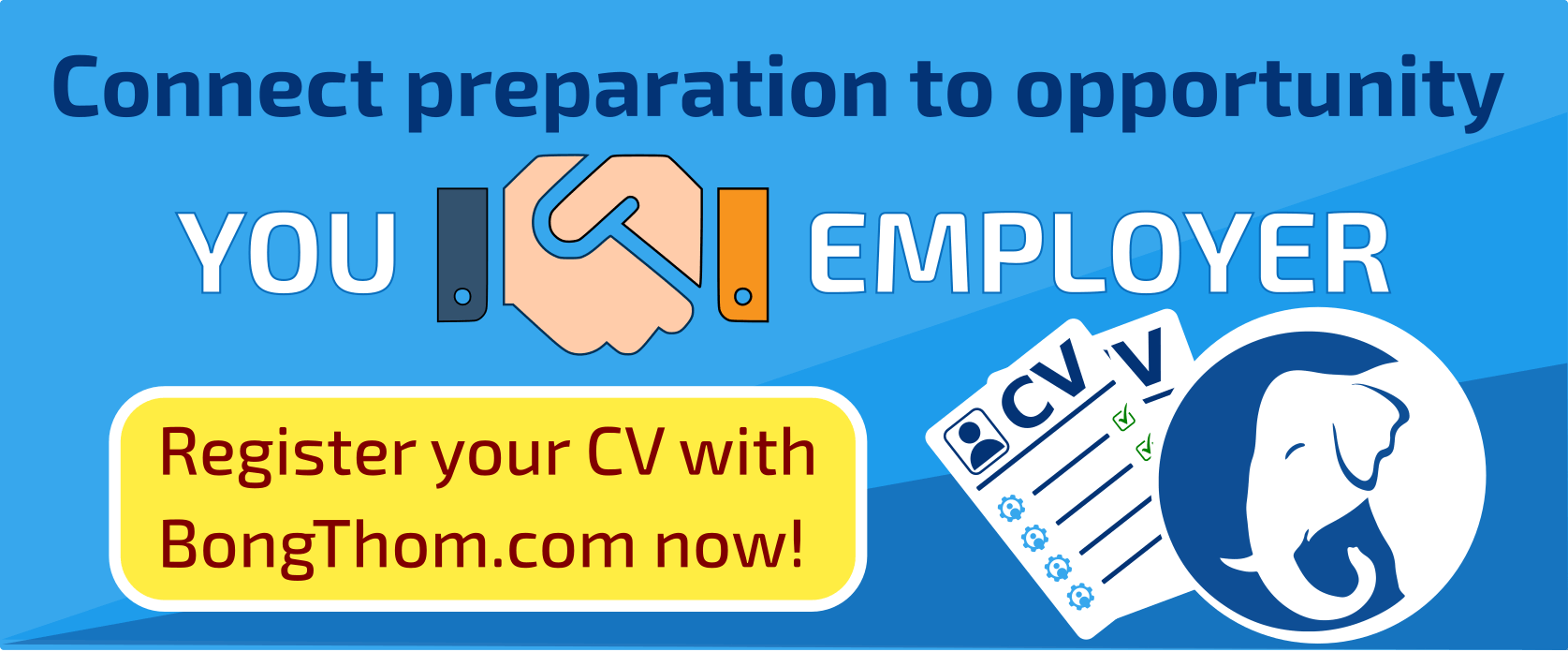Individual Consultant for Final Project Evaluation: Enhancing Citizen Engagement to Improve Service Delivery through Social Accountability
Location: National Office, Phnom Penh
EVALUATION PURPOSE:
The consultant is expected to prepare the end evaluation of the ISAF project. The end evaluation should tell the story of the project, focusing on whether the project achieved the Project Development Outcomes (PDO) it set out to achieve (as well as any unintended positive and negative outcomes), the factors that affected the achievement of outcomes (including the factors that may have contributed to or limited achievement of outcomes), and the lessons learned. It covers, among other things, the degree to which the Project’s Development Objectives (PDOs) and results have been achieved and provides lessons learned. The assessment of outcomes should rely heavily on and present the available evidence, both quantitative and qualitative.
The findings of the evaluation should be disseminated through a workshop with key project stakeholders, prior to the finalization of the report.
The audiences for the End Evaluation are the World Vision Team, the NCDDS ISAF project team, the World Bank Task Team, the government, and their agencies (in particular, the line ministries engaged in project implementation: Ministry of Interior, Ministry of Health, and Ministry of Education, Youth and Sports), development partners (e.g. Germany, Switzerland, Australia), civil society stakeholders, project beneficiaries, and the general public that has an interest in social accountability and citizen engagement.
- Carry out research through collecting primary and secondary data, including but not limited to:
- Reviewing project documentation and records, and management information system (MIS) data.
- Interviewing World Vision ISAF project staff and government officials engaged in project implementation.
- Interviewing World Bank and other donor staff involved in the Project.
- interviewing project stakeholders and beneficiaries (e.g., Community Accountability Facilitators, and other citizens in project areas), as needed.
- Review the achievements for each of the project indicators prepared by the project team, and the specific documentation/records/evidence for each of the indicators, to assess consistency (results framework and other indicators).
- Under the guidance of the WVI ISAF project team, and based on technical (guidelines) provided by the World Bank project team, the consultant will draft the end evaluation report, which should include, among other aspects:
- A short description of the project context and background, including the operation’s context, the rationale for the operation, and the relevance of the operation’s objectives during preparation and at completion (i.e., for Cambodia’s development policies and/or programs).
- An assessment of the intended outcomes of the operation against the agreed objectives (using the Results Framework and other data); with a focus on providing (qualitative and/or quantitative) evidence of the achievement of the operation’s objectives, and of the contribution of the supported activities and outputs to the project’s development outcomes.
- An assessment of the project’s contributions to gender and disability inclusion, including contributions to women’s and persons with disabilities' access to services and participation in community-level decision-making.
- An assessment of (positive and negative) unintended outcomes of the project, if any.
- An assessment of the key factors and events pertaining to the World Bank, WVI ISAF project team, government, donors, other partners, and the external environment during preparation and implementation, that affected (i.e., contributed to and/or limited) the project performance and achievement of outcomes.
- Evaluation of the project team’s own performance (both WVI and World Bank) during the preparation and implementation of the operation.
- Lessons learned from project preparation and implementation that may be useful for similar future operations (e.g., operations focused on citizen engagement and social accountability, service delivery, etc.); and
- Description of the proposed arrangements for future operation of the project (i.e., continuation of project activities beyond World Bank financing, if any).
- Present the findings and lessons learned of the End Evaluation at a workshop to be organized jointly by the consultant and WVI.
- Master Degrees in any related fields in research, economic, development, statistic, business development, project mgt, public administration etc
- At least 8 years of experience in conducting evaluations of projects funded by major international donors or the World Bank.
- At least 6 years of experience in conducting project evaluations related to social accountability, governance, delivery of public services, health, education, gender, community or rural development, etc.
- At least 5 years of experience working on projects in Cambodia or East Asia.
- Demonstrated experience in delivering Quality Project Evaluation Reports (Evidenced by examples of previous evaluation reports produced by the consultant).
- Robust expertise in accessing and reviewing data in MIS/Databases, data analysis, developing questionnaires for key informant interviews, conducting qualitative analysis, and drafting high-quality concise reports for evaluations
- Excellent writing skills in English.
- Demonstrated analytical capacity
- Robust knowledge of development issues pertaining to gender/women, the poorest (e.g., ID Poor), minority groups, and persons with disability in development projects.


